Drawing the line on privacy
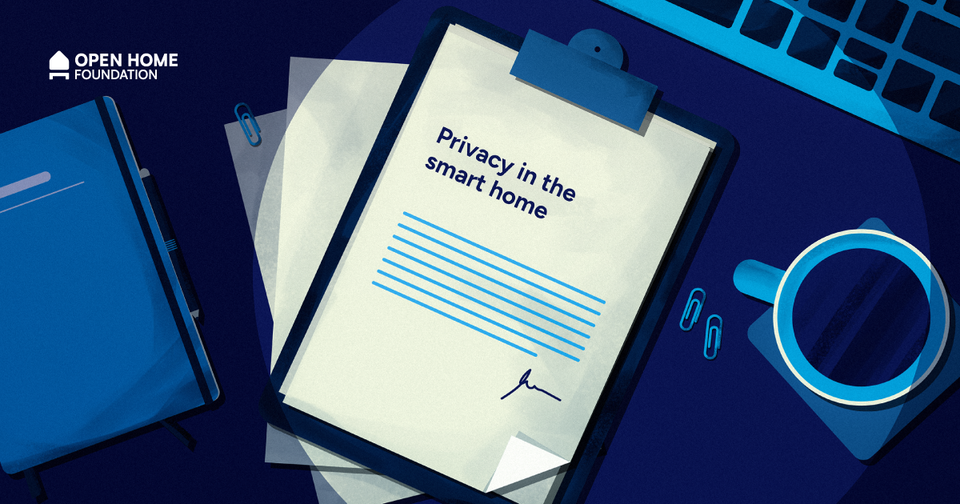
Welcome to the October edition of the Open Home Foundation newsletter, the place to learn about the latest and greatest things for your smart home that improve its privacy, choice, and sustainability.
The Open Home newsletter is written by Paulus Schoutsen – President of the Open Home Foundation, and founder of Home Assistant. Was this email forwarded to you? Subscribe here!
Today, we’re taking a vital step that fulfills our founding promise to play a growing and more vocal role in public discourse around the open home. Our mission is to fight for the fundamental principles of privacy, choice, and sustainability for the smart home, and every person who lives in one.
Privacy is perhaps the most complex – and at times, contentious – topic in the smart home world, and one we believe is not taken seriously enough by big tech. That’s why this newsletter regularly highlights challenges to privacy in the smart home, whether that’s data harvesting, overreaching AI assistants, or curated ads on our smart products. And it’s why we’re tackling the issue of privacy head-on in an official position paper – the first in a series we’re planning to release on all our fundamental principles.
Just before we jump into all that, we’d like to give you a heads-up that on the 19th of November, we’ll be announcing the next official hardware from Home Assistant. Make sure you’re subscribed to our Youtube channel so you don’t miss the notification for the launch livestream!
Our path to a more private future
A position paper is a formal declaration that moves our mission out of our community and into the wider world. Think of it as a blueprint for the ethical smart home. It explains that, even with privacy under constant attack, there is action we can take to help ensure this fundamental right is protected.
The paper is centered around our core stance:
Personal privacy in the smart home requires data autonomy. This means smart home data should be local first, user-owned and controlled, and legally protected. In addition, the privacy implications of any smart home device or service should be easily understood thanks to simple labeling.
What’s great about data autonomy and privacy is how they put power back in your hands. You decide what to share, and with whom. We’re not against cool new technologies – from AI to services that depend on the cloud – but they need clear boundaries. It’s your home, your life, your call.
This paper was written with the privacy of everyone in mind – not only our community who have built their own smart homes, but anybody else who lives within them, regardless of how much they know about the technology.
One thing to note is that this paper focuses on privacy between you and the outside world. It does not cover the critical issue of privacy between people living inside the smart home. As technology optimists, this can be a blind spot for us, since we assume everyone who creates a smart home has good intentions regarding the privacy of the people who live in it. Sadly, this is not always the case. We are actively researching this issue to find a solution. It will take time, but we’ll get there.
Right now, if privacy is important to you, here’s what you can do: read the paper, then join our cause by spreading the word, voting with your wallet, and putting pressure on your legislators to adopt these principles. Your thoughts, feedback, and challenges will make this framework stronger, and as ever, I’d love to hear them!
Privacy that evolves with the times
The position paper is the first publication created by our new Policy & Principles Working Group. This group’s core role is to serve as strategic advisors to the Open Home Foundation board. It’s responsible for maintaining and articulating our views, policies, and principles – just as we do in the position paper above! This means no matter how quickly we grow (which, right now, is fast!), we won’t lose track of who we are and where we came from.
Out of the open home and into the world
The working group will also keep a sharp eye on the wider world – monitoring issues related to privacy, choice, and sustainability as they apply to smart homes, technology, and people. The group is here as a practical resource for external businesses, organizations, and groups that want a greater understanding of these topics, with a focus on smart homes.
One thing we love about our community is its reach – and the depth of your expertise within it. So if you specialize in policy, law, sustainability, interoperability, or privacy, and want to be involved, please get in touch.
Meetups
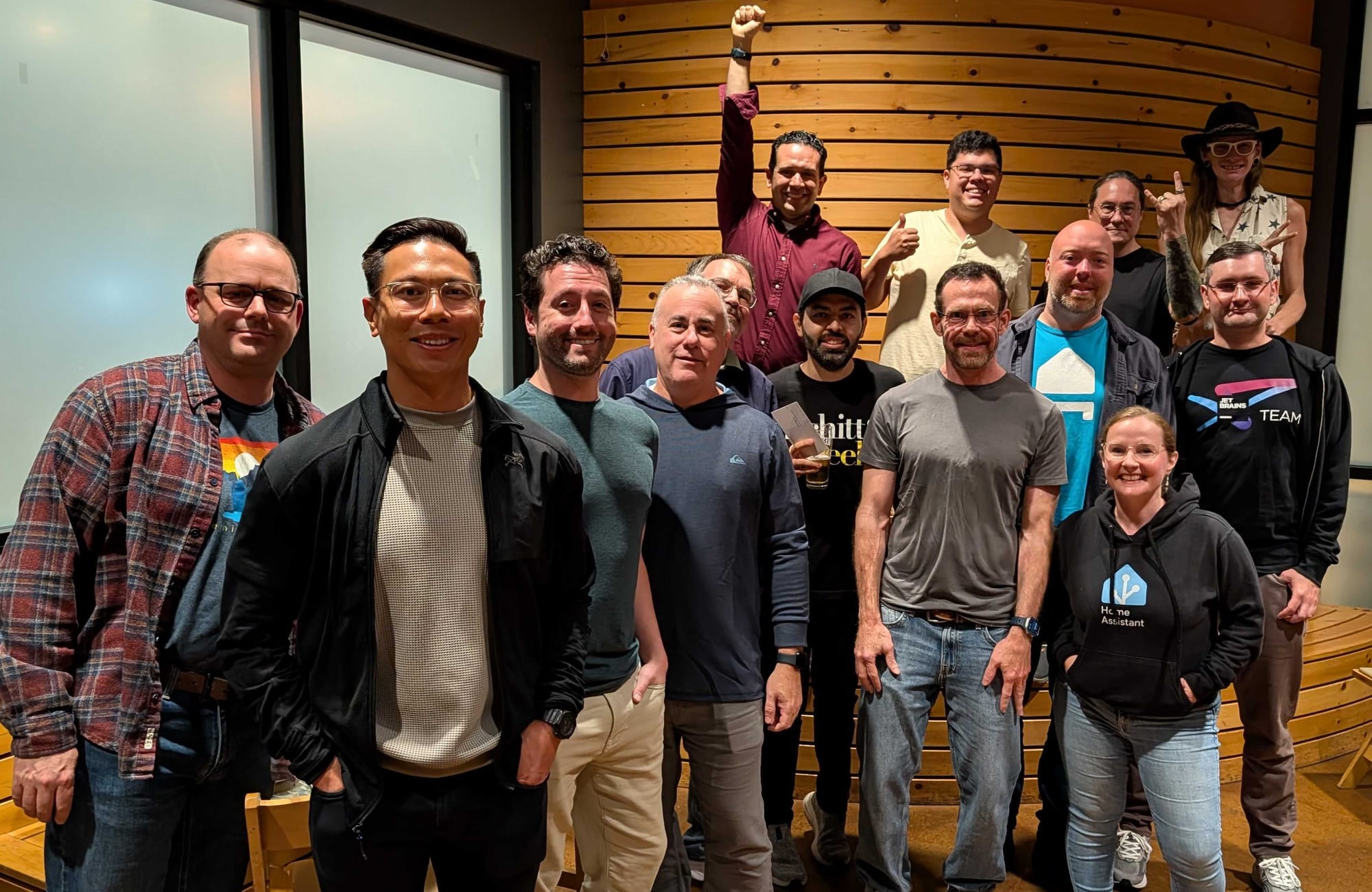
A big thank-you to everyone who came to our San Diego and San Francisco meetups. Also, another thanks to Nuki, who gave us some fun goodies to give away 🙏. Remember to keep an eye on our Luma calendar for local meetups. We have meetups coming up in Strasbourg and Hasselt! If you’re interested in setting up your own event, learn more here.
This month in the news

Home Assistant tops open source again
Even after 12 years, Home Assistant is still one of the fastest-growing projects in the world of open source, according to GitHub’s latest Octoverse annual report. This report highlights the biggest trends in open source projects, and again, Home Assistant is listed as a top project. We’re not only one of the biggest by the number of contributors, but we’re also a great first project to contribute to. This report only looks at Home Assistant Core and doesn’t even count the many libraries and tools that surround Home Assistant, like the frontend, OS, apps… the Open Home is big, and I can see why they just count our main repo.
We’ve been fortunate to achieve this award year after year, and it’s a testament to our committed and welcoming community. We’re all working together to build a bigger and more inclusive Open Home.
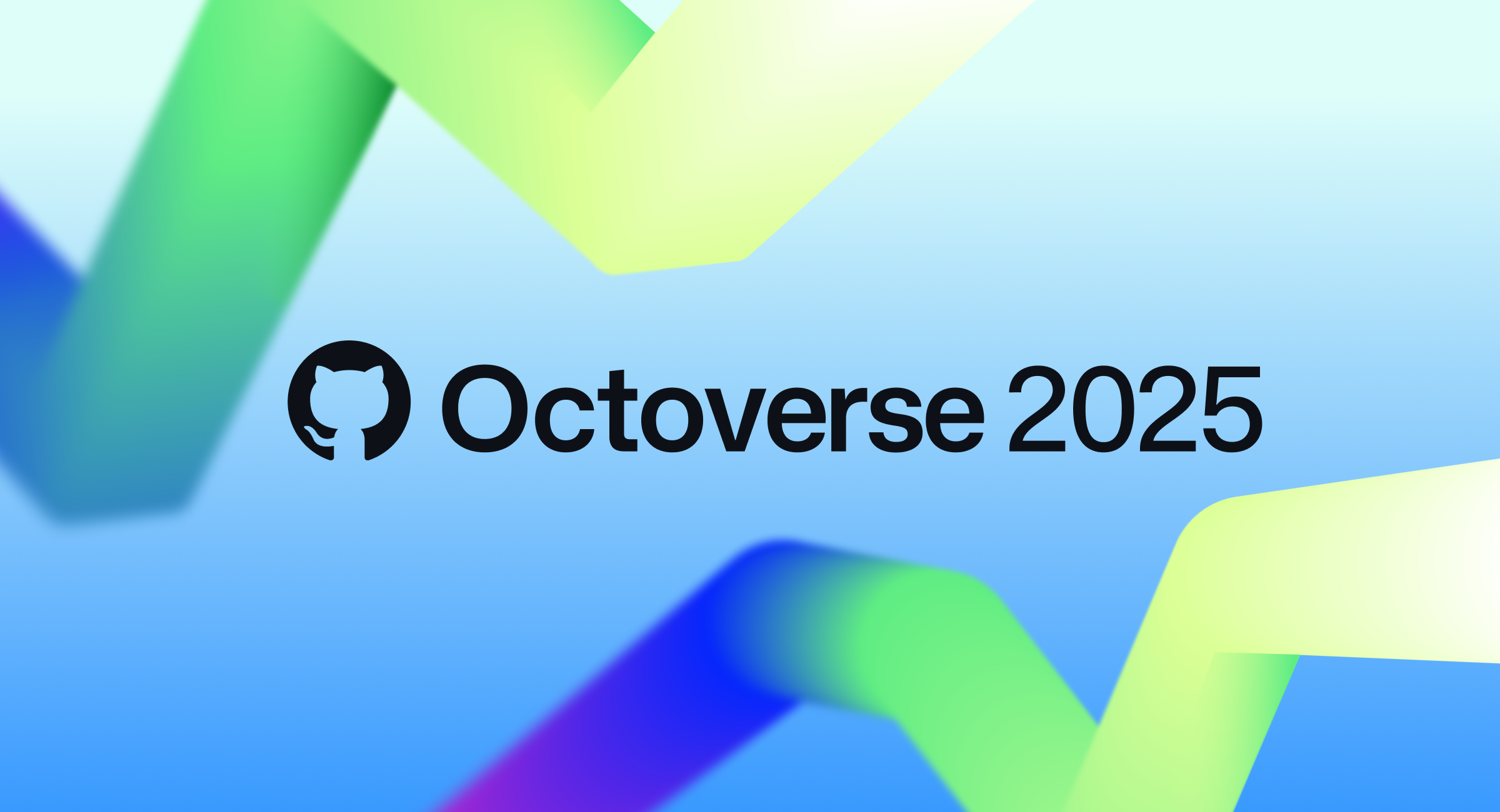
ELTAKO joins Works with Home Assistant
Another great premium partner, ELTAKO, has joined the Works with Home Assistant program. They’ve brought the first Matter relays to the program, and they’re of very high quality. They have some pretty cool tricks up their sleeves, so take a look at their lineup.
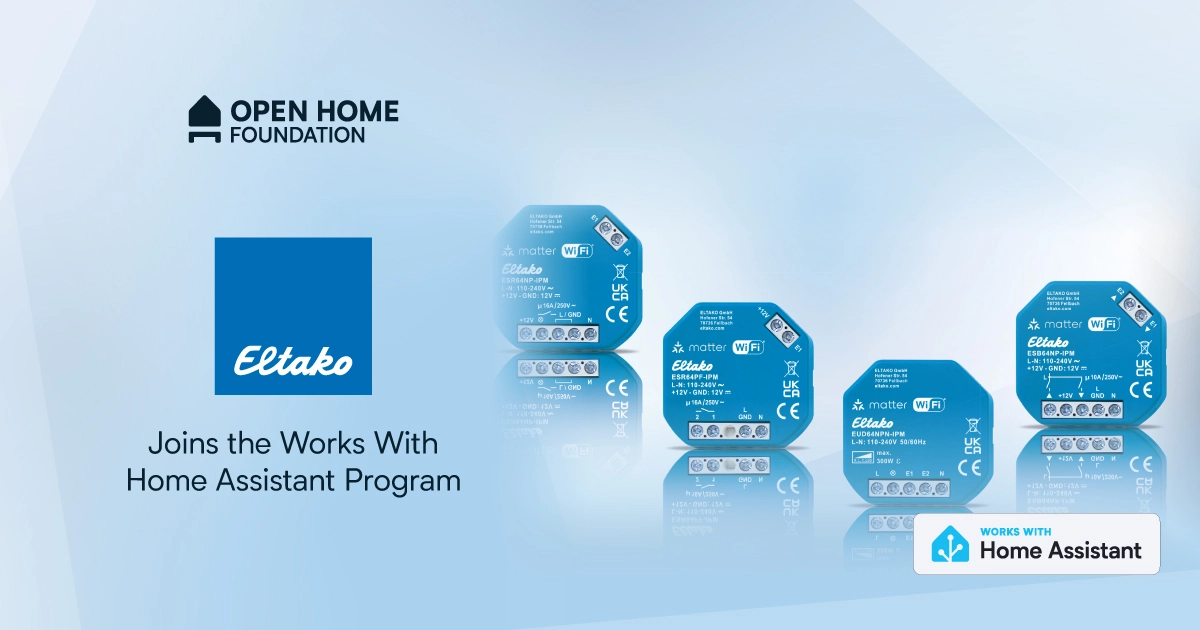
Put Connect ZWA-2 anywhere
When we release hardware, it doesn’t ever sit still. The software it ships with is just the start. If we think up something cool for it, we’ll try to make it happen. For our recently released Home Assistant Connect ZWA-2, we’ve released an experimental firmware that allows it to be placed anywhere you have a network connection.
This Portable Z-Wave firmware can either use the Connect ZWA-2’s included Wi-Fi chip or, with the addition of some affordable hardware, add PoE – a much-requested addition. It’s taken a lot to make this work, so check out the full blog to see under the hood. Also, now that it goes anywhere, it’s time to 3D-print yourself a cool wall mount!
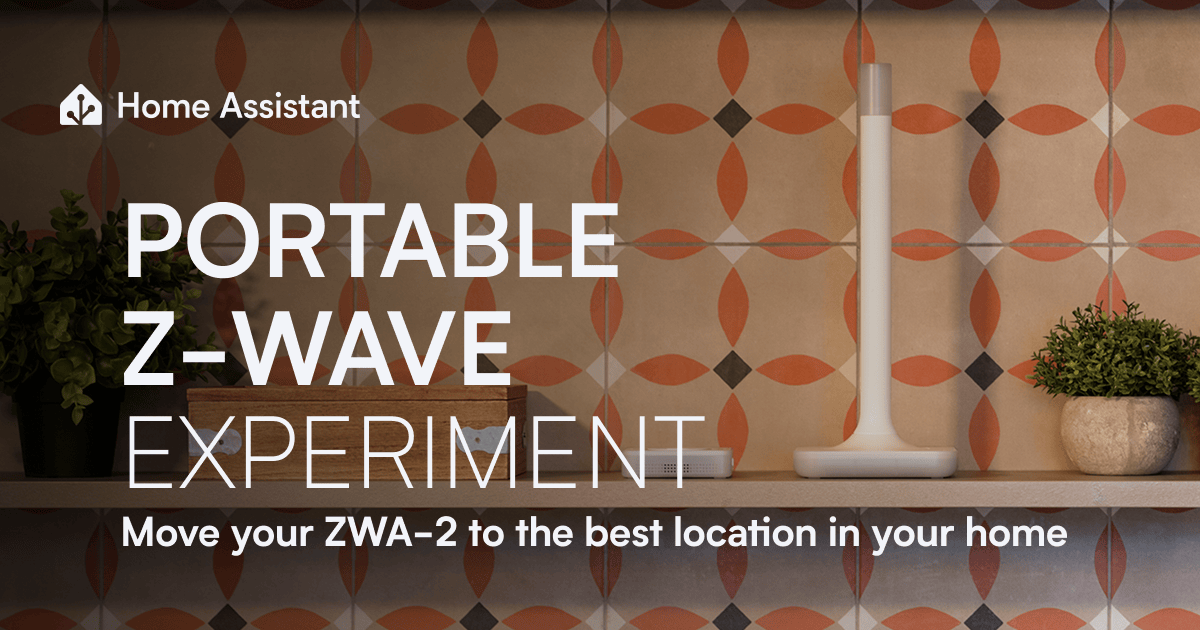
Home Robot vs Home Assistant
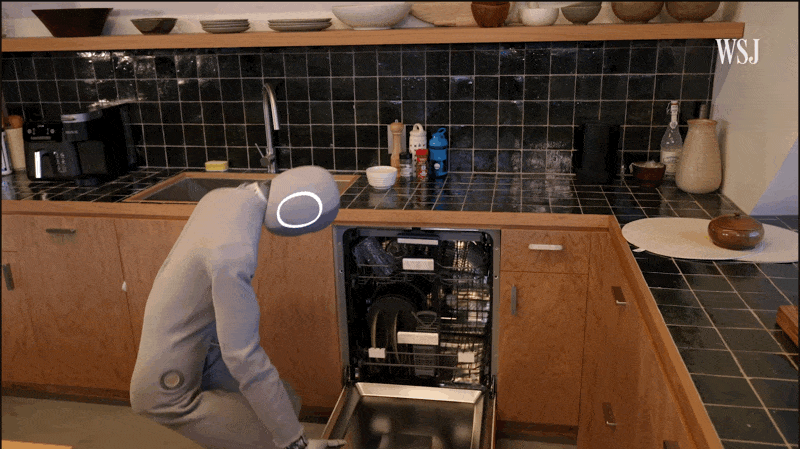
A recent product reveal has taken social media by storm: a new humanoid robot for the home, the 1X NEO. It’s $20k or $500/month and promises to do all your chores around the house… eventually. NEO is currently slow, clumsy, and requires a human operator to jump in whenever it gets stuck, which looks like something that will happen all the time.
Could this be the future of the smart home? Maybe the far future for the very rich, but this feels very pre-alpha, and raises more questions than it answers. As it stands, any device like this will require the cloud, as the necessary computing just wouldn’t work in the home. It also requires human operators to see and be able to interact with your home 🤦♂️. This makes it arguably the greatest invasion of privacy in smart home history.
Cloud devices doing their thing
Privacy isn’t the only reason to steer clear of cloud-reliant devices; you also don’t want them suddenly made worse or shut down from afar. Bose, this month, announced they’re removing support for their SoundTouch product. You might expect this to kill support for cloud streaming services, but this also removes its ability to do multiroom audio! It essentially penalizes anyone who owns more than one of these devices.
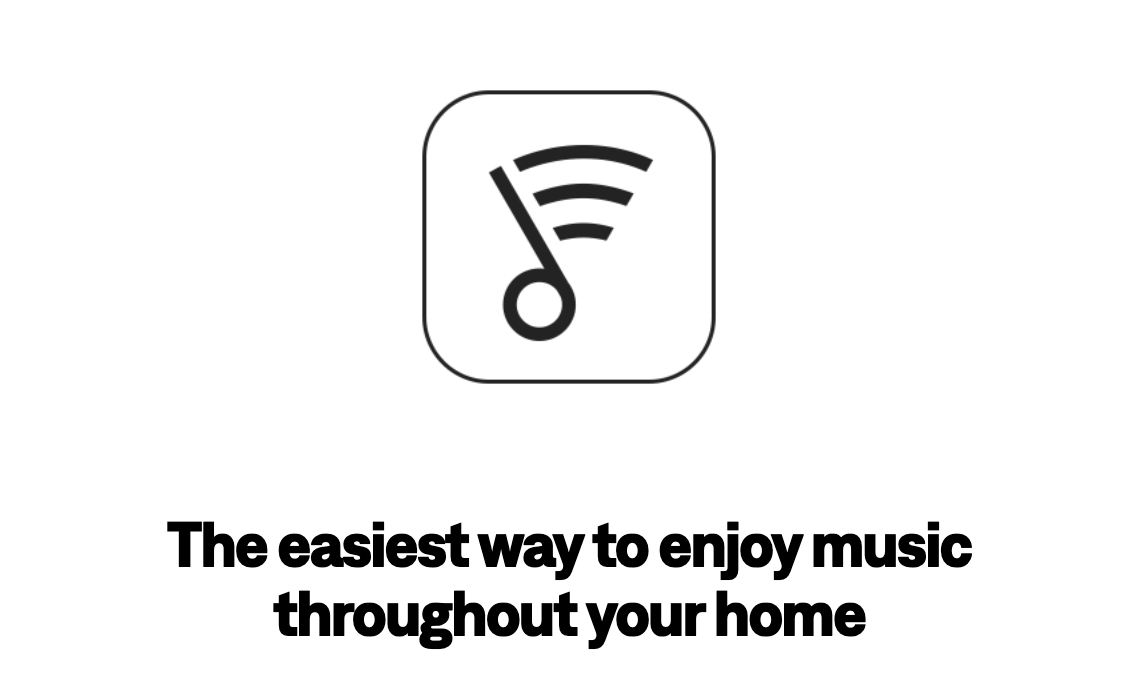
Heating company Tado is again in hot water. They previously tested charging monthly to access their app, which used to be free. This month, they’re taking previously free features and locking them behind a subscription. New users will now need a paid subscription to link a smart radiator valve with a smart thermostat. A feature they say is now powered by AI, but I think it’s powered by investor greed.
The AWS outage didn’t just put some big websites out of commission; it also put to sleep thousands of smart mattresses. Eight Sleep, a brand known for sending gigabytes of user data to the cloud, is now known as another casualty of the AWS outage. These are very expensive mattresses, with an equally expensive subscription. I wouldn’t be sleeping well knowing they’re so reliant on the cloud.
When organizations have principles
We’re big fans of AirGradient at the Open Home Foundation, and they’re even part of our Works with Home Assistant program. The New York Times has done a detailed profile of their founder, Achim Haug, and what drove him to build affordable air quality monitors. Sustainability is important to the foundation, and it’s great to have partners making a difference in this space.
Another organization taking an important stand is the Python Software Foundation (PSF). They were on track to receive a US government grant to improve the security of Python, and had to turn it down as the strings attached would have compromised their values. The grant terms required the PSF to affirm not to operate programs promoting Diversity, Equity, and Inclusion (DEI), which contradicted the foundation’s core mission and values.
Much of the modern world runs on Python (including many Open Home projects), and governments should fund it! The PSF’s focus on diversity and inclusion is one of their greatest strengths, and it’s amazing to see them hold true to these values.
Community highlights
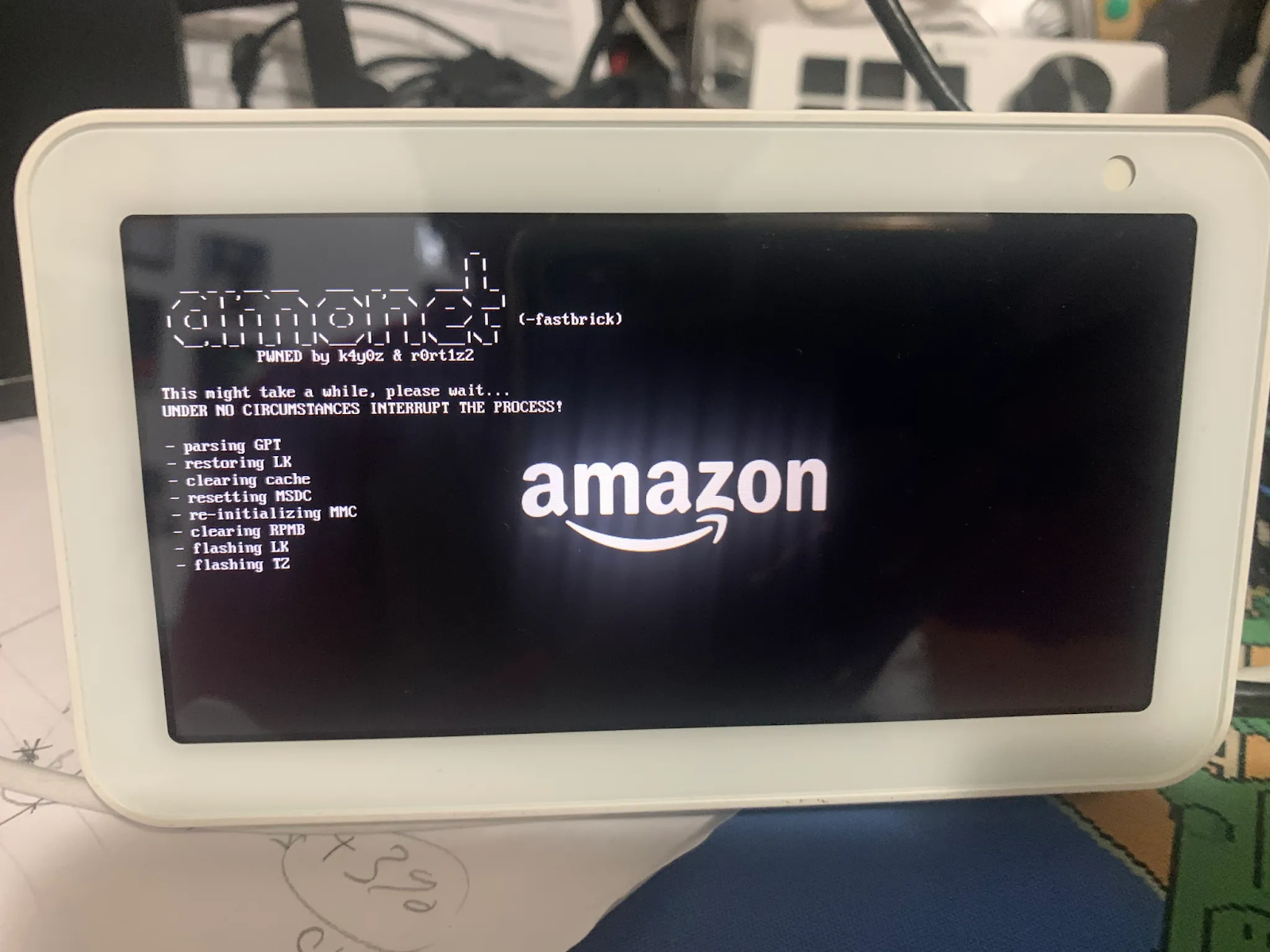
As Amazon works to ruin the Echo Show, people are working to fix it. Martin Pham rooted his Show and put his Home Assistant dashboard on it.
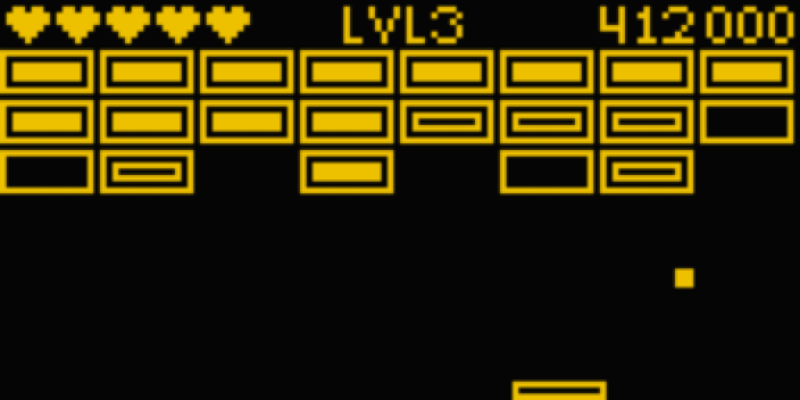
I use my ESPHome devices for all sorts of things… but haven’t gamed on them yet. @Richrd built games into the ESPHome Clock OS project.
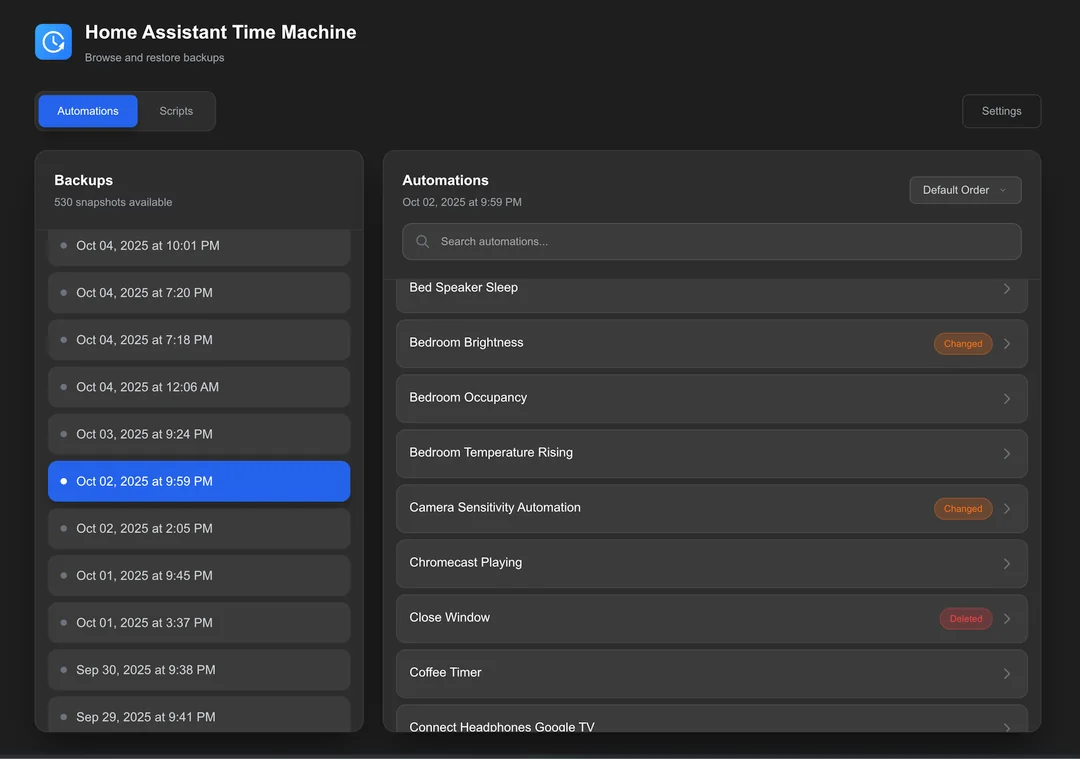
Sometimes, time travel is the only way to fix a broken Automation. Luckily, @Saihgupr has finally built a Time Machine for Home Assistant.
Enjoy this newsletter?
Support the Open Home Foundation, subscribe to Home Assistant Cloud
Forward to a friend, sharing is caring.
Anything else? Hit reply to send us feedback or say hello. We read everything!
|










